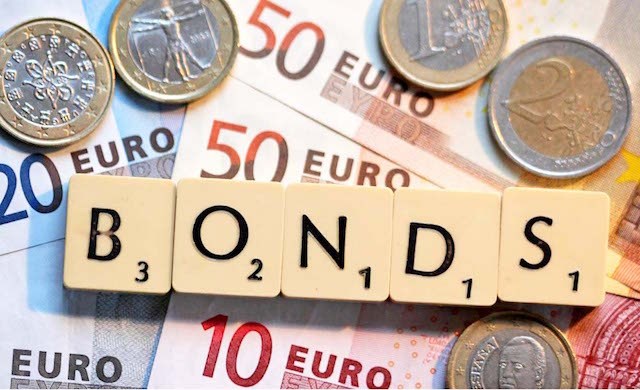Place your adverts here on InfoDig @ low rates; banner ads, sponsored links and guest articles etc. Contact us
In Nigeria’s Eurobond market, pressure across short-, mid-, and long-term yields drove the average yield up to 9.64%. Earlier in the week, foreign portfolio investors (FPIs) had taken positions in Nigerian sovereign U.S. dollar bonds, attracted by high yields in the international capital markets, but subsequent selloffs followed.
A sharp downturn hit the Eurobond market on the last day of October 2024, with African bond curves feeling the effects of underwhelming quarterly results from major tech companies. TrustBanc Financial Group noted that bearish sentiment took over, leading to heavy selling across the yield curve and ending the month on a negative note.
Among the various maturities, the March 2029 bond saw the largest yield increase, climbing 12 basis points. Month-on-month, the average benchmark yield edged up by 2 basis points to close at 9.6%, the investment firm reported.
Throughout October, mixed sentiment characterized the Eurobond market, although the outlook leaned bearish. Strong U.S. economic data pushed yields higher, reducing market expectations for aggressive rate cuts. Still, FPIs returned to the market, capitalizing on attractive maturities. Similar bearish trends appeared in other African nations, including Ghana, Egypt, and Angola.
AIICO Capital Limited reported that disappointing tech earnings continued to weigh on African Eurobond markets, while U.S. stock indices also saw declines: the S&P 500 dropped 1.4%, and the Nasdaq Composite fell by 2.3%, marking a second consecutive day of losses. Microsoft’s shares fell 5.5% due to a revenue forecast that disappointed investors, despite positive quarterly earnings. Meanwhile, Meta Platforms saw a 4% decline after falling short of Wall Street’s user growth expectations and announcing a significant rise in projected capital expenditures for 2025.
In Nigeria’s secondary FGN bond market, trading remained muted, leading to a 21 basis point increase in average yields, which reached 19.51%.













